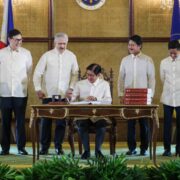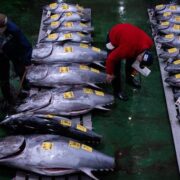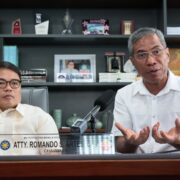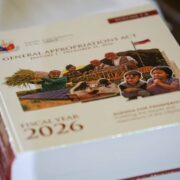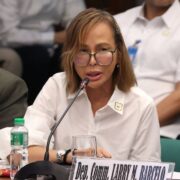Bishops declare ‘climate emergency’ in South Cotabato, Sarangani
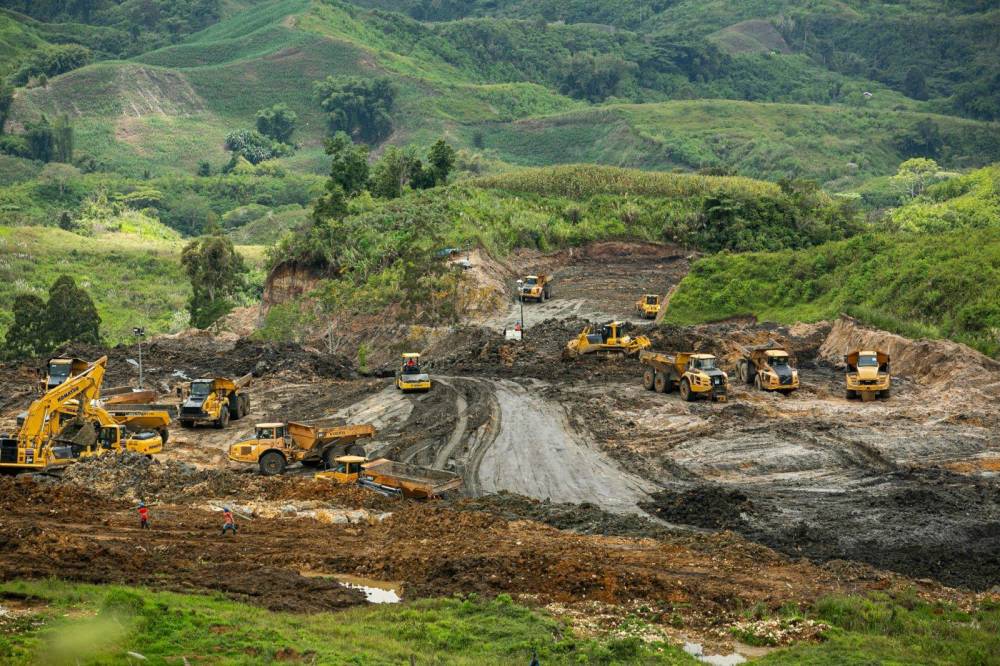
KORONADAL CITY—The Diocese of Marbel based in this provincial capital of South Cotabato has joined the ranks of church institutions across the country that declared a climate emergency in their parishes in a bid to protect the environment.
Marbel Bishop Cerilo Allan Casicas issued the declaration on Sept. 15, saying that urgent and long-lasting actions were badly needed to protect the environment as he spoke against coal and gold mining here.
The Diocese of Marbel covers the provinces of South Cotabato (including the mining towns of Tampakan and Lake Sebu) and Sarangani, and the cities of Koronadal and General Santos.
In the declaration read during Masses on Sunday, Casicas pledged to take steps against “acute ecological problems” in South Cotabato and Sarangani.
He cited activities like the ongoing coal mining operation in the mountain village of Ned in Lake Sebu, which the diocese has opposed due to environmental risks, and threats to the region’s water and food supply.
Serious threats
He also expressed concern about the impending gold and copper mining operations in Tampakan, and a limestone quarry project in Maasim, Sarangani.
“These projects pose an extremely serious threat to the food security and health of people and communities in the diocese,” Casicas said.
He also criticized the reported widespread use of chemicals deemed illegal in the Mt. Matutum Protected Landscape, earlier identified a key biodiversity area and had been protected by laws.
The prelate likewise raised concerns about the increasing use of aquaculture technologies in Sarangani Bay and Lake Sebu, noting that these “persistently contribute to the continued warming and destruction of the planet Earth, our common home.”
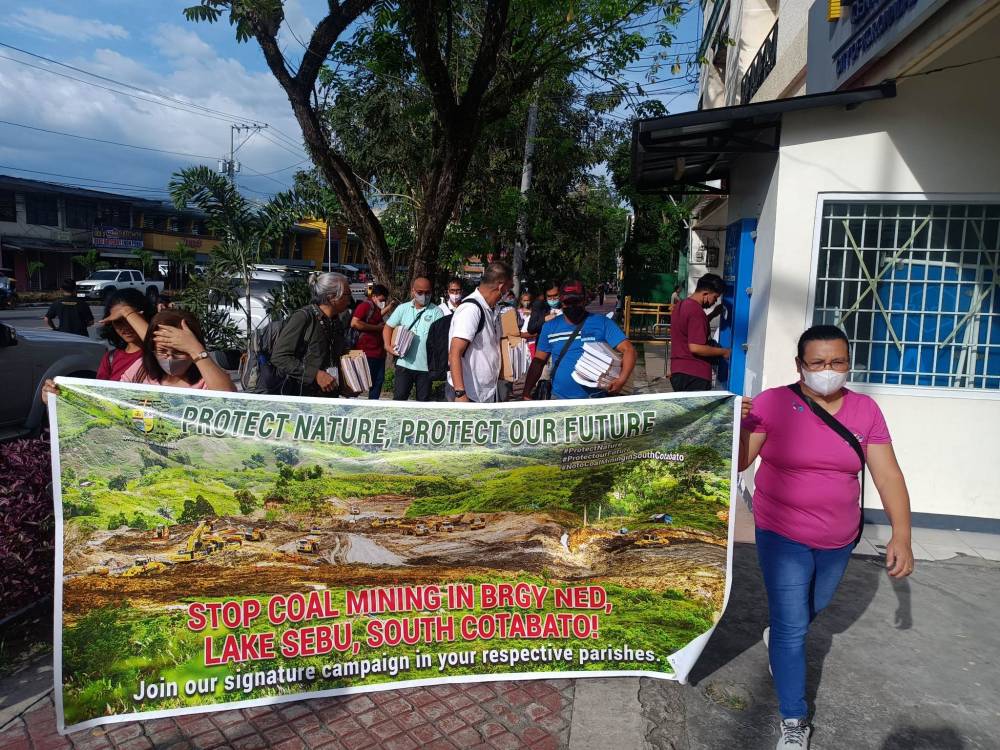
Casicas also warned of local government efforts to reduce the size of the Mt. Busa Local Conservation Area, a 107,275-hectare site in Sarangani considered important for biodiversity, birds and conservation, but did not provide details.
Casicas also appealed to Catholics and members of other religious groups to support the diocese’s environmental initiatives, which included establishing nurseries and miniforests in every parish, banning single-use plastics at the parish and diocesan levels, and the setting up material recovery facilities in parishes.
He announced that September would be institutionalized as the “Season of Creation” and “Tree Growing and Clean-up Drive Month.”
Actions
He reiterated that the diocese would no longer accept donations from mining companies and other extractive industries.
On Oct. 17 last year, dismayed by the decision of the South Cotabato provincial board to lift the open-pit mining ban, he led a solidarity march with environment and religious groups.
The lifting of the 12-year-old ban on open-pit mining had effectively removed the obstacle that stalled the $5.9 billion (about P295 billion) Tampakan project, Southeast Asia’s largest untapped copper and gold minefield pursued by Sagittarius Mines Inc. (SMI).
Also in October last year, Casicas and three other Mindanao prelates—Cotabato Archbishop Angelito Lampon, Kidapawan Bishop Jose Colin Bagaforo, and Digos Bishop Bishop Guillermo Afable—urged President Marcos to cancel the extension of the agreement granted to SMI to develop the Tampakan copper-gold site. Malacañang has yet to respond to their petition.


